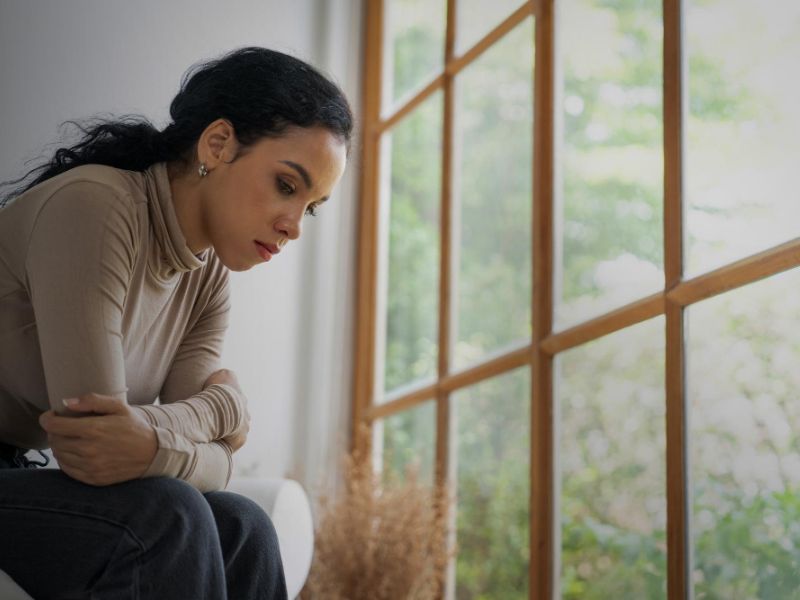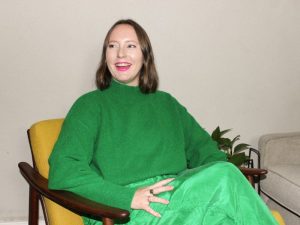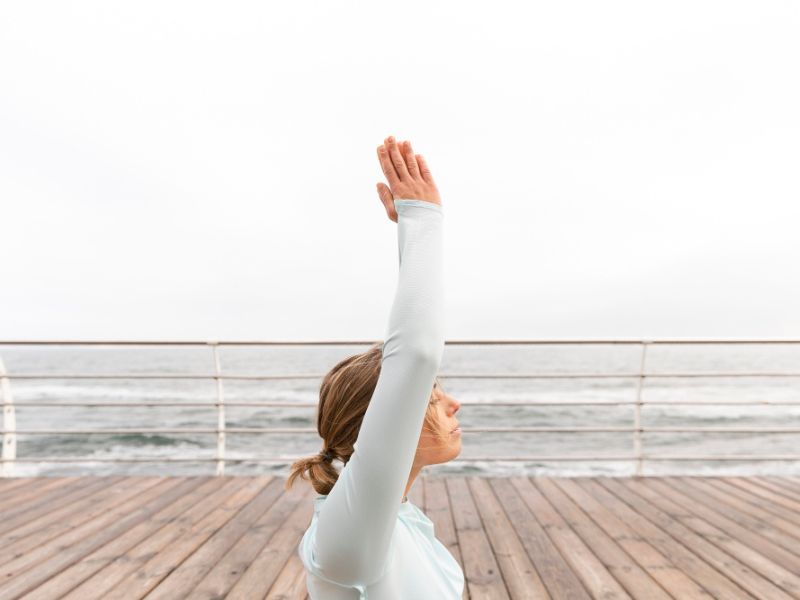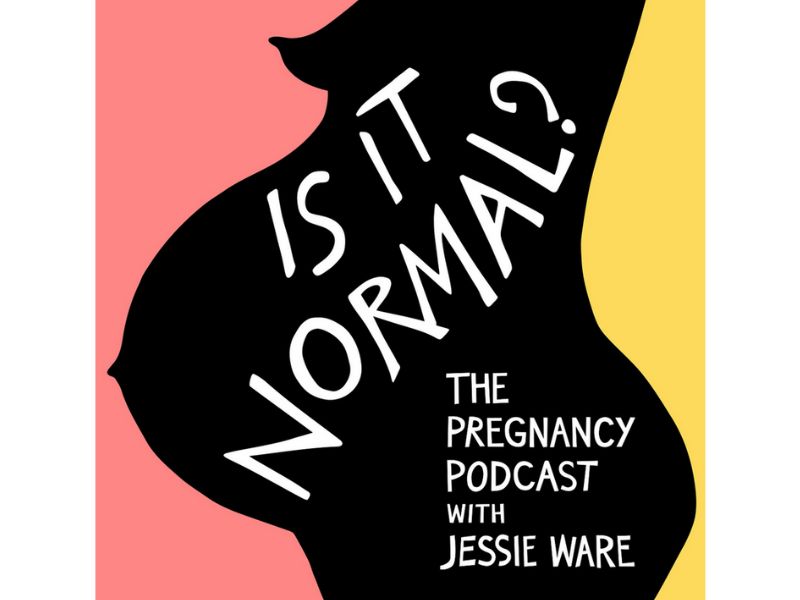
By Rebekah Lloyd, Women’s Health & Careers Advocate, Speaker & Consultant, Event & Podcast Host, and Founder of This Independent Life.
Despite working across healthcare throughout my career, from biomedical science research to the NHS, pharmaceuticals to consulting, I underwent an arduous 10-year journey to an endometriosis diagnosis and surgery after repeated dismissals, misdiagnoses and being turned away with stronger painkillers.
As I progressed on my journey, I learned that despite affecting 1 in 10 women, the cause of endometriosis is still unknown. As of today it takes on average 7-10 years to get diagnosed, there is no definite understanding of the physiology and cause, no cure and limited treatment options, and no way to receive a diagnosis other than surgery.
But there is hope. I started speaking with other women and realised that although the current reality when it comes to endometriosis is that women are suffering in silence, even dying, due to lack of support, there had to be a way to create a better future for women. And that’s when This Independent Life was born, with a mission to help all women achieve health, wealth and fulfilment in life through awareness, knowledge and action.
Without awareness of conditions like endometriosis, knowledge of these conditions, and guidance to take action to support and ideally resolve them, we will never see positive change for the future of women’s health. And that’s why I now deliver educational talks and workshops, community events and conferences, and podcasts and consulting, helping thousands of people, and organisations, around the world to support those managing and living with endometriosis and other women’s health conditions. In my view, the more we’re able to help people get access to a diagnosis and effective treatment, the more those people can get back to thriving in their careers and living their lives on their terms, whatever that looks like to them.
Endometriosis affects everyone differently and I believe it’s about taking a systematic trial-and-error approach to find what works for you. But first, it’s important to get a diagnosis so you know what you’re working with, and so you can find a community to support you on your journey.
Here are some of my tips for how to secure a diagnosis and start looking for treatment options if you suspect you have endometriosis.
- Track your symptoms – If you bring hard evidence and data over some time, it’s harder for people to dismiss you and your experience.
- Get a second opinion – If you’re not receiving help, get a second opinion from a different GP or specialist. Say: “Here are my symptoms. I think it might be endometriosis. I’d like to be referred to a specialist.” Help them help you.
- Ask for a referral to a BSGE centre – These are specialist centres and you can ask to be referred to them vs a general gynaecologist, and if you have a diagnosis you can be treated by your nearest specialists.
- Ask questions and take notes – Appointments are short so come prepared with all your questions. Take notes so you can reflect back and follow up on any referrals or next steps. If possible bring someone with you as it can be emotionally challenging.
- Call for cancellations – Waiting lists can be very long, often years. It’s not guaranteed, but if you call and get an earlier slot due to a cancellation it can make a big difference to getting the support you need.
- Ask for your medical records – Every NHS trust operates independently so ask for a copy to bring with you to appointments, including any surgical notes and images.
I’m an expert by experience and through my professional and personal education, however, I’m not a doctor or practitioner, so please ensure that you’re speaking with a healthcare professional about your situation.
Below are a few ways that I manage my endometriosis, chronic pain and symptoms outside of surgery or hormonal contraceptives.
- Wheat bags or heat pads – Heat can be very effective for pain relief, I’ve used my wheat bag – wrapped around my tummy or back – or heat pads are great.
- Breathwork – I’ve started to use breathwork to ‘breathe out’ the pain and have found using my breath to help relax generally to be effective.
- Nutrition, exercise and lifestyle – I try to prioritise eating healthily, exercising in tune with my body, and overall lifestyle as there is growing evidence of the importance of it for endometriosis. I have a set of teas and fresh ingredients on standby to help calm things during a flare-up, one of my go-to’s being fresh ginger, garlic, lemon and cayenne pepper, or a classic peppermint (all helpful for nausea too).
- Acupuncture and pelvic floor physiotherapy – I recently started acupuncture. I was fortunate to secure 6 sessions on the NHS, and I’m hoping to start pelvic floor therapy soon (not available everywhere but if you don’t ask you don’t get it!)
- Mental health support – There is a huge connection between mental and physical health, and learning to manage my stress has been key. It’s hard to find tailored specialists but you can self-refer in most NHS trusts for chronic health support.
- Support group and community – Creating, and being part of, a support group and community has been key for me. I host a variety of events at TIL, including our upcoming Future of Endometriosis Conference happening on 9th March in London and online!
I am working to create increased interest, investment and innovation in endometriosis and women’s health. If you’re reading this and are struggling, please do reach out to join our support group, check out our podcast, and/or come along to one of our community events. Or if you’re an organisation looking to better support your employees, do get in touch to see how I can help, be it through educational talks and events or connecting you with my wonderful partner network.
Together, by embracing the power of awareness, knowledge and action, we will create positive change for the future of endometriosis and women’s health once and for all.
About the author
 Rebekah Lloyd is a women’s health and careers advocate, speaker and advisor, event and podcast host, and founder of This Independent Life which she started to help all people to achieve health, wealth, and fulfilment in life.
Rebekah Lloyd is a women’s health and careers advocate, speaker and advisor, event and podcast host, and founder of This Independent Life which she started to help all people to achieve health, wealth, and fulfilment in life.
She is a UN Women UK delegate and is dedicated to using business as a force for good, her clients include global organisations such as Barclays, UNiDAYS, Whistles, University of Cambridge, and Imperial College London. She hosts an annual first-of-its-kind conference on the Future of Endometriosis and Women’s Health, has been featured internationally including The Guardian, Nasdaq, Cosmopolitan and Stylist, and was recently invited to advise the UK Parliament Women and Equalities Committee on women’s health.
Connect with Rebekah below.







